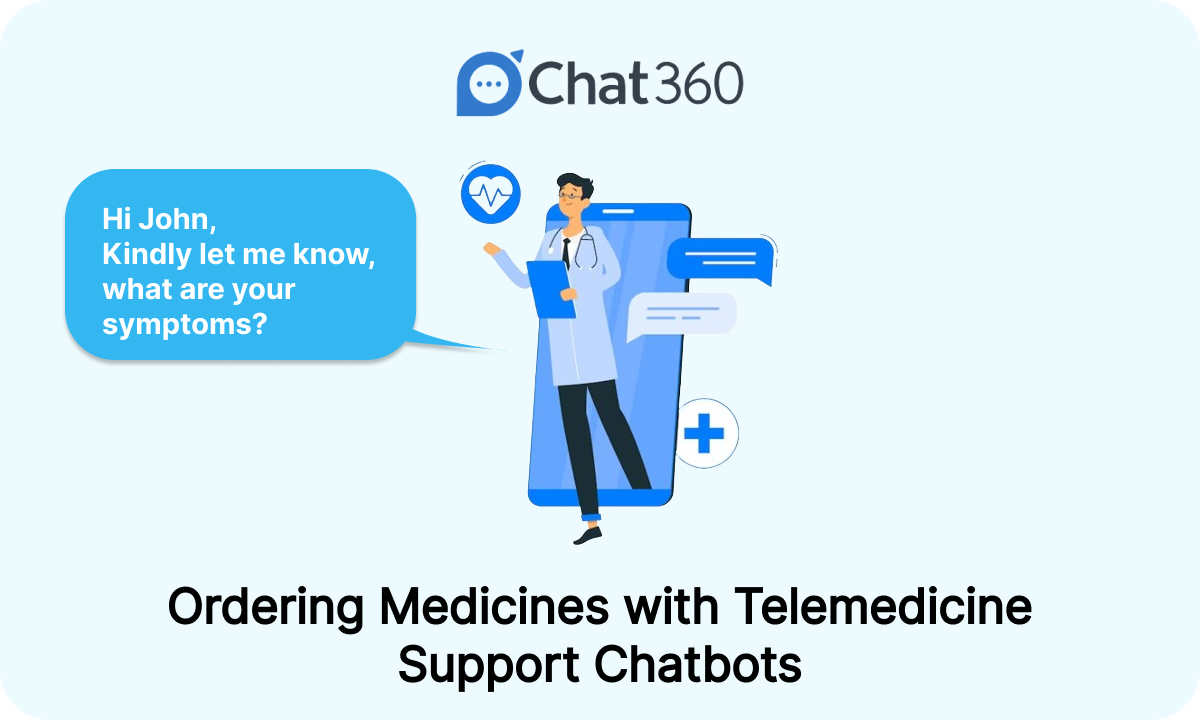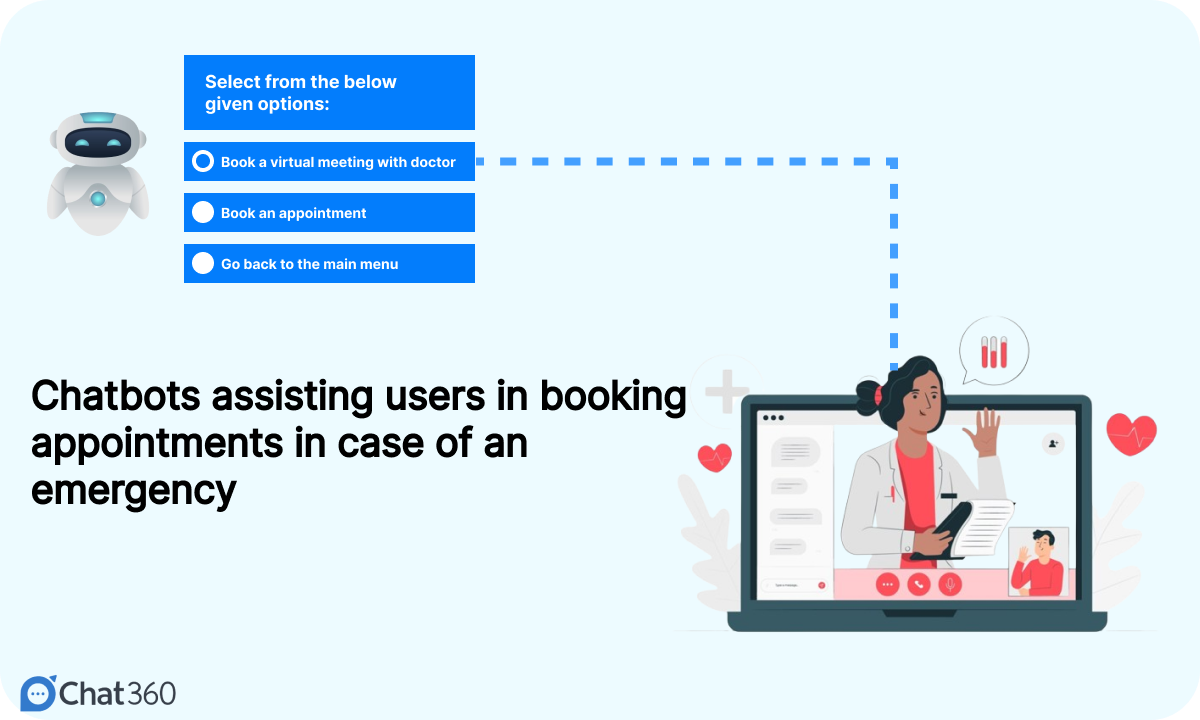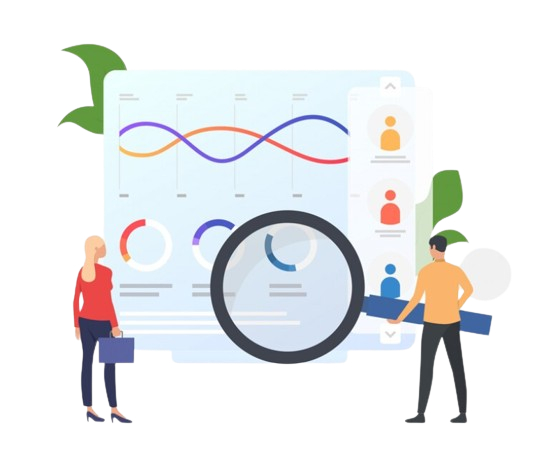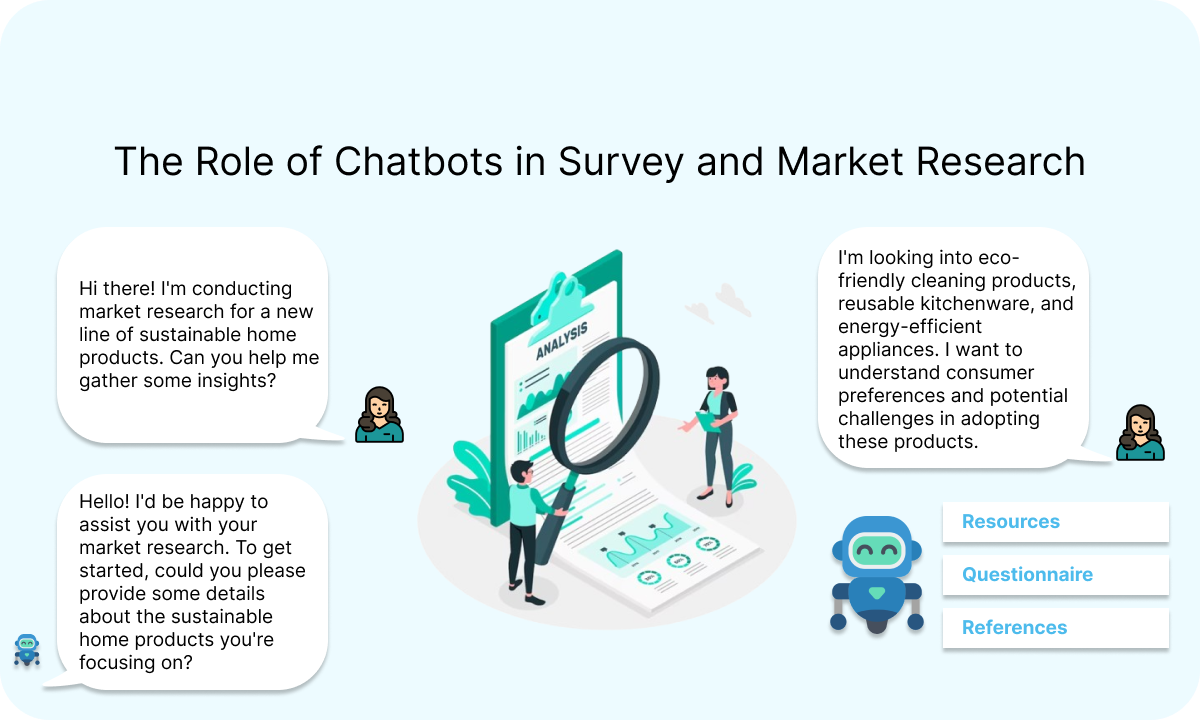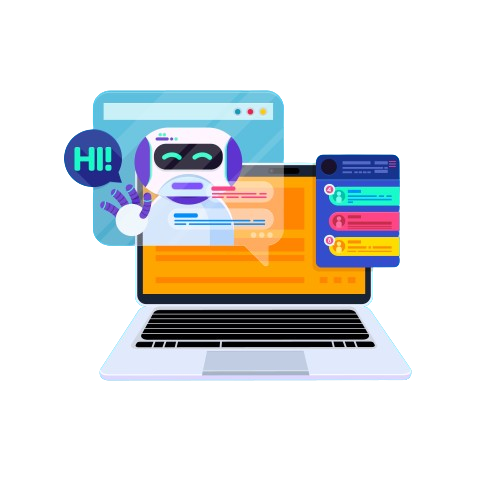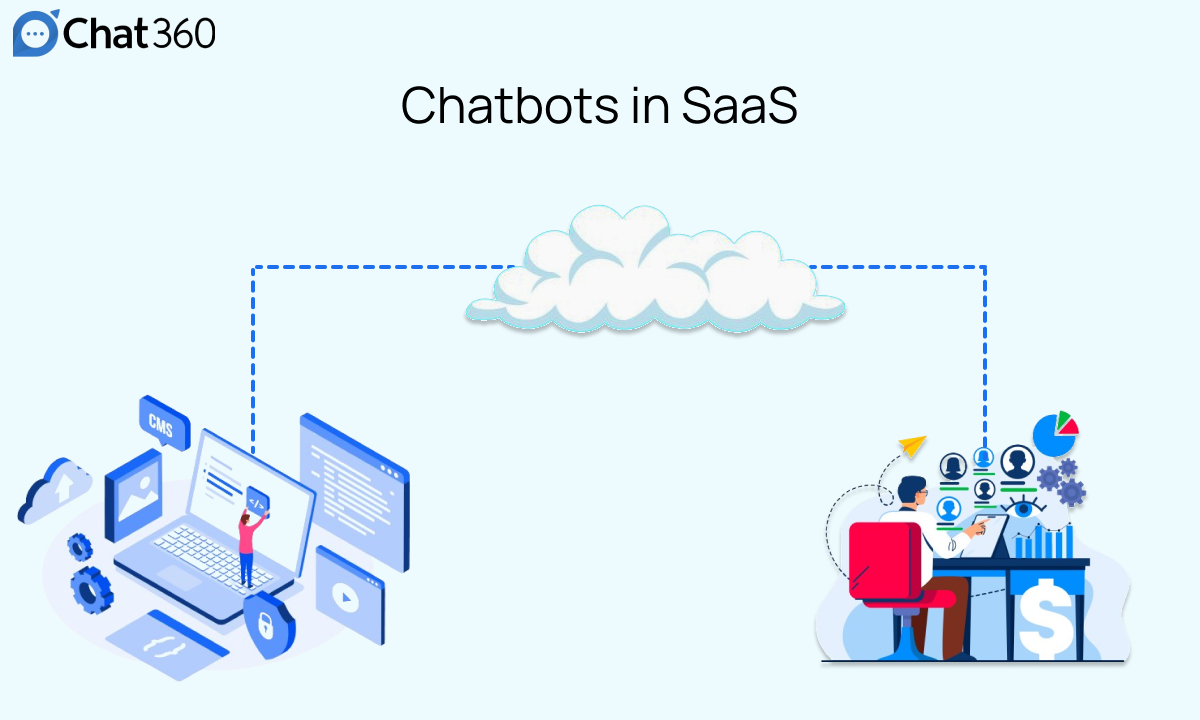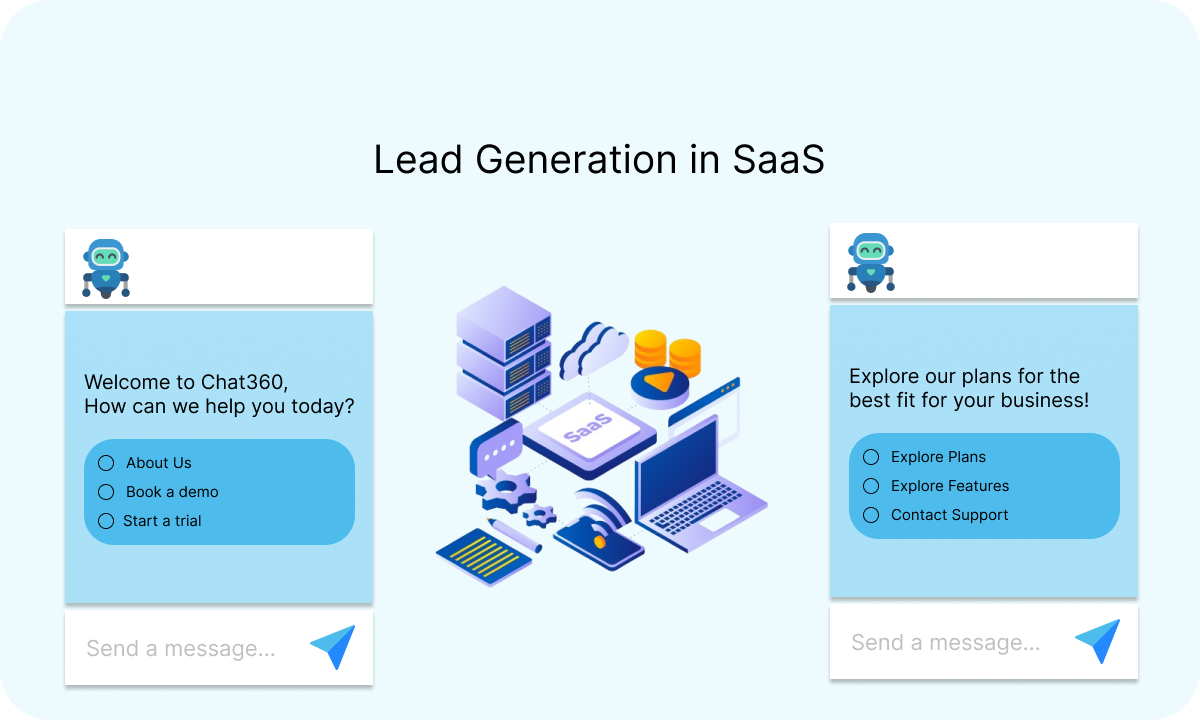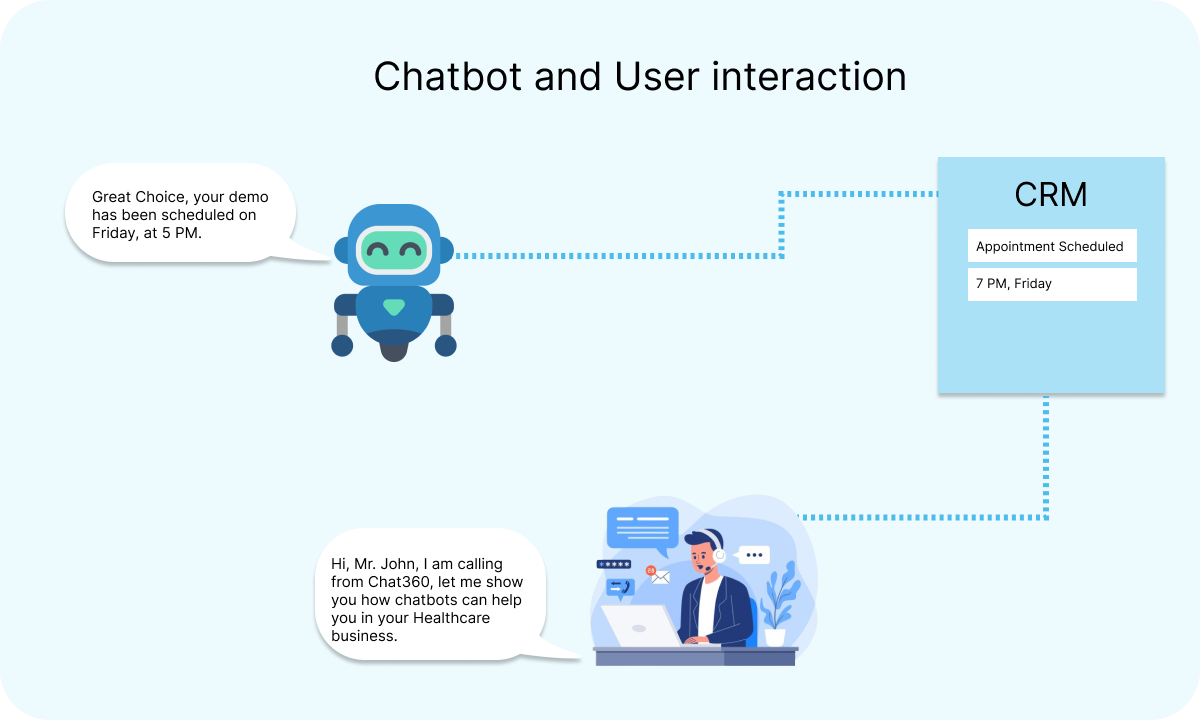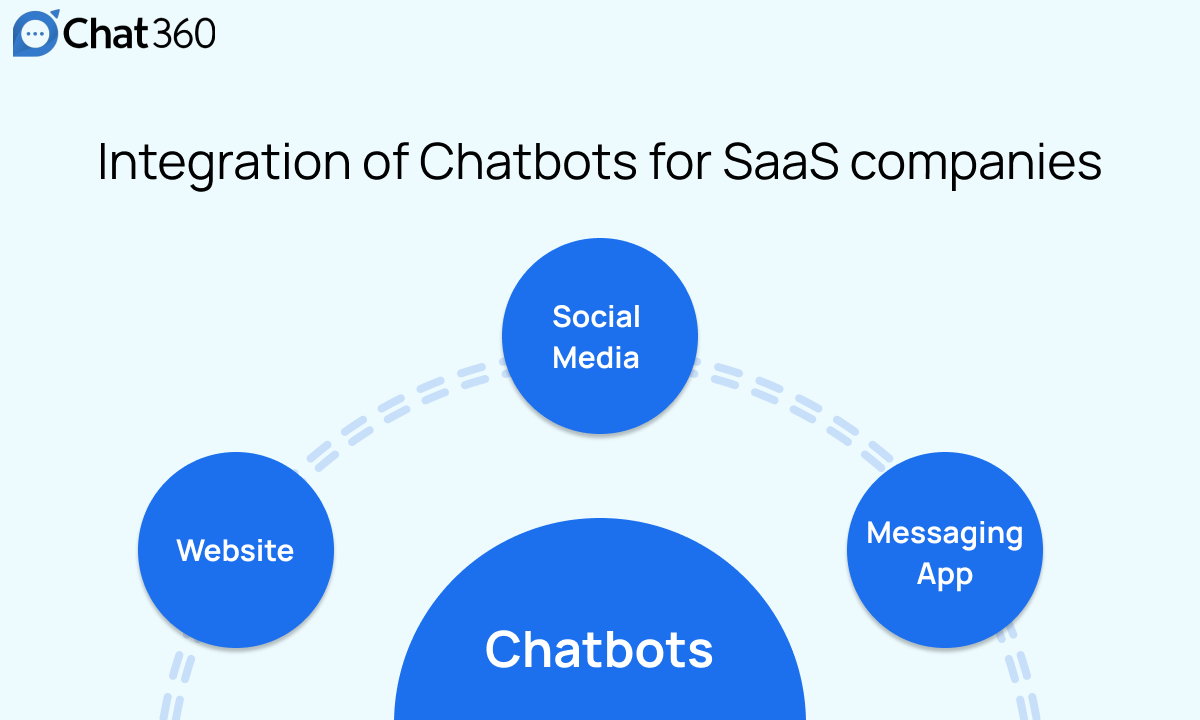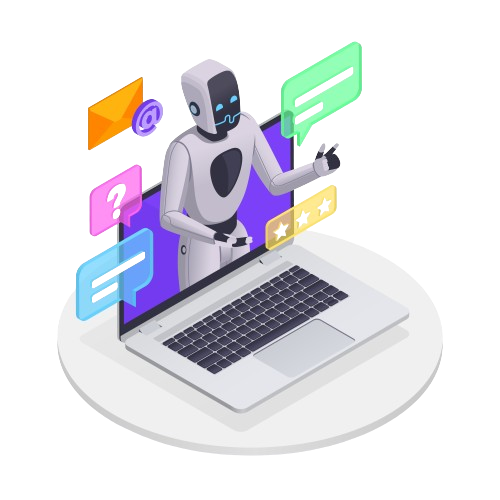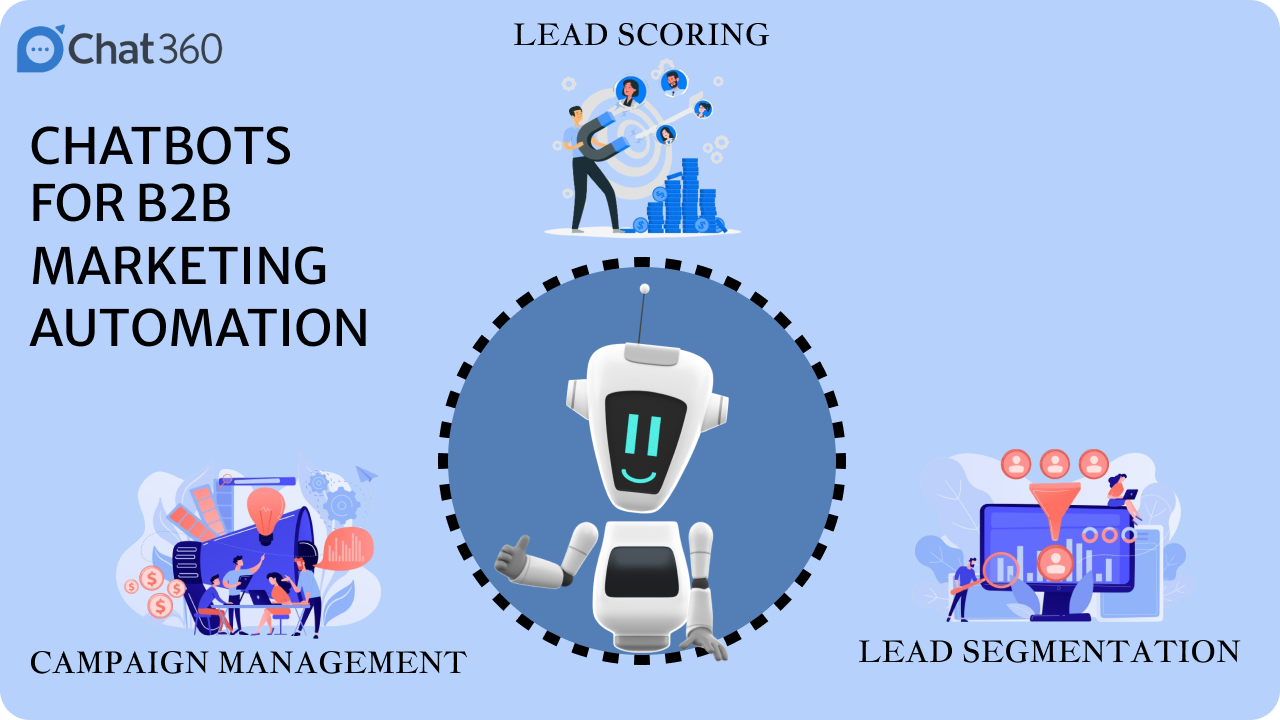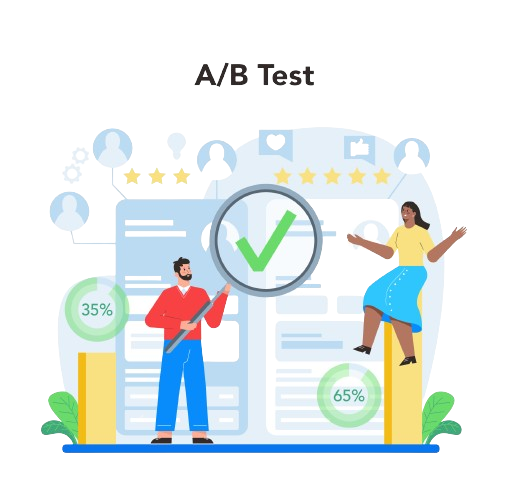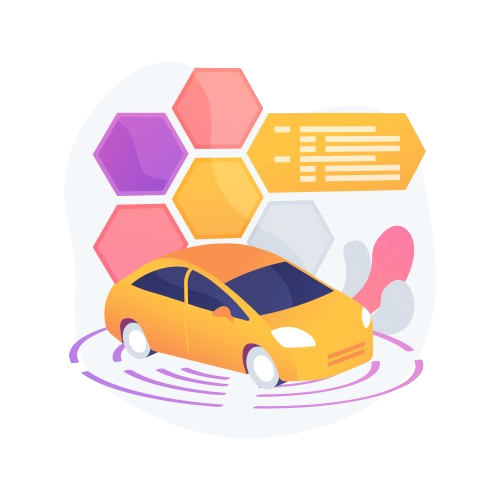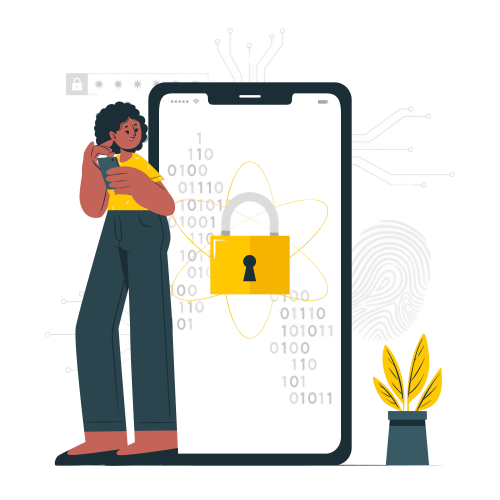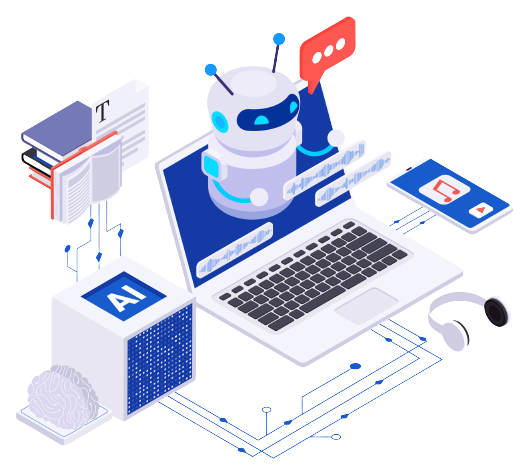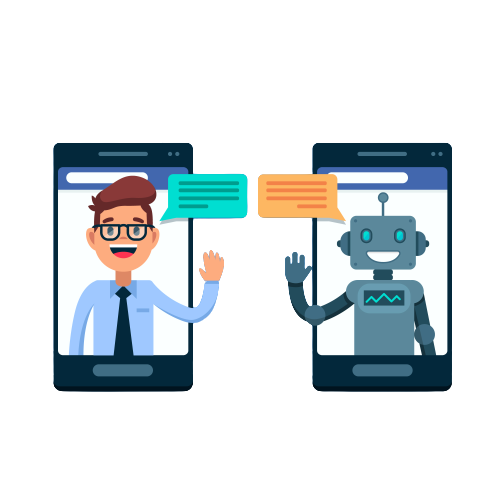There are constant developments being carried out in the automotive industry. From hybrid cars to EVs, we can see new innovations in the automobile sector. With the increasing customer base, it is essential to cater to the increasing customer demands. Therefore, the customer support team may face difficulties responding to the constant queries.
But, there is a solution to this and we are going to deep dive more into the world of AI powered chatbots in automotive sector.,
AI-powered vehicle assistants are emerging as game-changers, redefining the way we interact with sales, service or support when it comes to vehicles.
These intelligent companions, also known as Vehicle Assistant Chatbots, are ushering in a new era of car ownership, seamlessly integrating artificial intelligence into the driving experience.
This transformative technology holds the potential to revolutionize customer support, marketing, and sales in the automotive industry.
What are Automotive Chatbots?
Automotive Chatbots are AI-driven virtual assistants designed to enhance the interaction between vehicle owners and their cars. These intelligent systems leverage natural language processing and machine learning algorithms to understand and respond to user queries and commands effectively.
They act as digital concierges, offering a range of services from answering questions about vehicle functionalities to providing real-time assistance in case of buying a car, or providing services, etc.
They play an essential role in efficiently and effectively providing customer support and services to its customers.
How AI Automobile Chatbots work?
AI automobile chatbots operate using advanced technologies like natural language processing (NLP), machine learning (ML), and data analytics.
The AI Chatbots begin by understanding and interpreting user inputs through NLP, enabling them to comprehend spoken or typed language. Machine learning algorithms then analyze this input to determine the appropriate response or action.
These chatbots can access and process vast amounts of data from the vehicle’s systems and external sources, allowing them to provide accurate information, perform tasks like setting navigation routes, scheduling maintenance, or troubleshooting issues.
Continuous learning from user interactions ensures that these chatbots become more effective and personalized over time.
Let’s look at an example where a WhatsApp Chatbot is initiating a conversation with a user for its service.
Chatbot: “Hello Kabir! This is your vehicle assistant. Just a reminder that your car is scheduled for a service on Monday at 10 AM. Would you like me to confirm the appointment with your preferred service center?”
Kabir: “Yes, please confirm it.”
Chatbot: “Great! Your appointment is confirmed for Monday at 10 AM. Would you like any additional information regarding our customer loyalty program from our brand ABC?”
[Chatbot displaying buttons on WhatsApp to know more about the customer loyalty program]
Kabir: [Selects the button of customer loyalty program]
Chatbot: “Fantastic choice, Kabir! Our customer loyalty program offers exclusive benefits such as discounts on services, complimentary check-ups, and priority scheduling. If you’re interested in enrolling or have any questions, feel free to ask!”
Challenges Faced in Automotive Industry
The automotive industry encounters multifaceted challenges in customer support, marketing, and sales. Here are the key issues, each of which can be effectively addressed using Chatbots as a solution:
1. Overwhelming Customer Queries:
Problem: There are a lot of incoming customer queries regarding sales or service received to the respective teams, where handling these queries can be cumbersome.
Solution: AI chatbots excel in handling a high volume of customer queries effectively and efficiently, using natural language processing (NLP), they can understand and respond to diverse inquiries about vehicle features, maintenance schedules, and troubleshooting.
2. Marketing Personalization:
Problem: Targeting your audience can be a challenging task to showcase your products by conventional marketing means, where data interpretation and delivering the products via marketing channels can be difficult.
Solution: AI Powered Chatbots can use your CRM data and other channels to set up campaigns using a business communication tool like Chat360. Where all you have to do is to segregate your prospects and launch the campaigns in minutes to get maximum ROI.
3. Sales Process Bottlenecks:
Problem: The process of lead generation, qualification and nurturing are very essential for sales. The consistency is the key to achieve the goal to sell a product or service to the companies.
Solution: Chatbots, with AI capabilities for automobile can be a game changing strategy for sales, where the chatbots can interact with the prospects and get qualifies leads also automatically sending the data to CRM tools using Chatbots.
How Chatbots Help in Overcoming Challenges
AI-powered vehicle assistants offer a dynamic solution to the challenges faced in the automotive industry.
Here’s how chatbots effectively address the highlighted issues:
1. Instant Customer Support:
Chatbots provide instant and accurate responses to customer queries, reducing response time and alleviating the strain on traditional support channels.
2. Personalized Marketing Messages:
Leveraging user data, chatbots deliver personalized marketing messages, tailoring promotional efforts to individual preferences and behaviors.
3. Streamlined Sales Process:
Chatbots assist potential buyers throughout the sales process, offering information, answering questions, and facilitating test drives, resulting in a more efficient and satisfying customer experience.
Benefits of Chatbots in the Automotive Industry
The integration of AI-powered vehicle assistants yields numerous benefits for manufacturers and consumers alike.
Here are the advantages of using Chatbots in Automotive Industry:
1. Improved Customer Engagement:
Chatbots enhance customer engagement by providing instant and personalized interactions, leading to higher satisfaction levels.
2. Enhanced User Experience:
The use of chatbots contributes to a smoother and more enjoyable user experience, making interactions with vehicles more intuitive and user-friendly.
3. Increased Operational Efficiency:
By automating routine tasks, chatbots free up human resources, allowing for a more efficient allocation of personnel to more complex issues.
4. Data-Driven Decision Making:
The integration of chatbots with CRM platforms enables businesses to make data-driven decisions, optimizing sales and marketing strategies based on comprehensive customer interaction data.
5. Cost Savings:
Automated interactions result in cost savings by reducing the need for extensive human involvement in routine tasks, making operations more economical.
Examples of Chatbots in Automotive Industry
1. Chatbot in conversation with a user assisting with the purchase of a new car.

2. Chatbot assisting humans with service-related queries.

3. Chatbot having a conversation with a human for policy inquiry.

5 Use Cases of Chatbots in the Automotive Industry
1. Customer Support:
Automotive chatbots excel in handling customer queries, providing instant assistance on topics ranging from troubleshooting to maintenance tips.
2. Personalized Marketing:
These chatbots analyze user preferences and behaviors to deliver personalized marketing messages, enhancing the effectiveness of promotional efforts.
3. Sales Assistance:
Chatbots assist potential buyers throughout the sales process, answering questions, scheduling test drives, and providing relevant information to facilitate informed decision-making.
4. Maintenance Reminders:
AI-powered assistants send timely reminders for vehicle maintenance, ensuring that owners stay on top of essential tasks to prolong the lifespan of their vehicles.
5. Navigation Support:
Vehicle assistants offer real-time navigation support, helping drivers find optimal routes, locate amenities, and navigate through traffic efficiently.
Enhancing Customer Engagement and Support, Lead Generation with Chat360
Chat360 emerges as a leading provider of chatbot solutions tailored for businesses, with a particular focus on the automotive industry. Its chatbots boast integration capabilities with popular messaging platforms such as WhatsApp, Instagram, Facebook, and Websites, providing a versatile communication channel for customers.
Furthermore, Chat360 seamlessly integrates with CRM platforms, ensuring a unified approach to customer relationship management.
The impact of Chat360 on the automotive industry is profound. In terms of customer engagement and support, Chat360’s chatbots offer a responsive and personalized experience, addressing customer queries promptly and efficiently. This not only enhances customer satisfaction but also contributes to the overall positive perception of the brand.
Lead generation is another area where Chat360 excels. By employing intelligent chatbots in marketing campaigns, businesses can capture leads, qualify prospects, and nurture potential customers through targeted communication. This not only streamlines the lead generation process but also ensures that marketing efforts are directed towards a more receptive audience.
In conclusion, AI-powered vehicle assistant chatbots represent a transformative force in the automotive industry, redefining customer support, marketing, and sales. With the capabilities offered by advanced solutions like Chat360, businesses can navigate the challenges of the industry with agility, delivering enhanced customer experiences and staying ahead in the competitive landscape.
As we embrace this new era of car ownership, the integration of AI-driven technologies promises a future where vehicles become intelligent companions, making the driving experience safer, more enjoyable, and truly personalized.
Schedule a free demo today!
